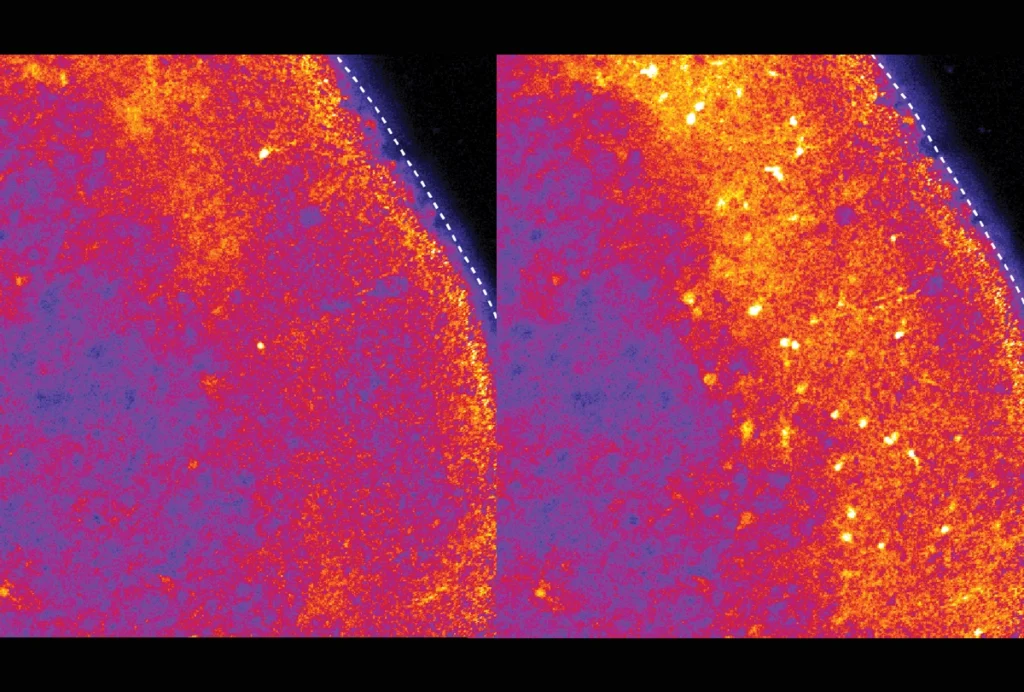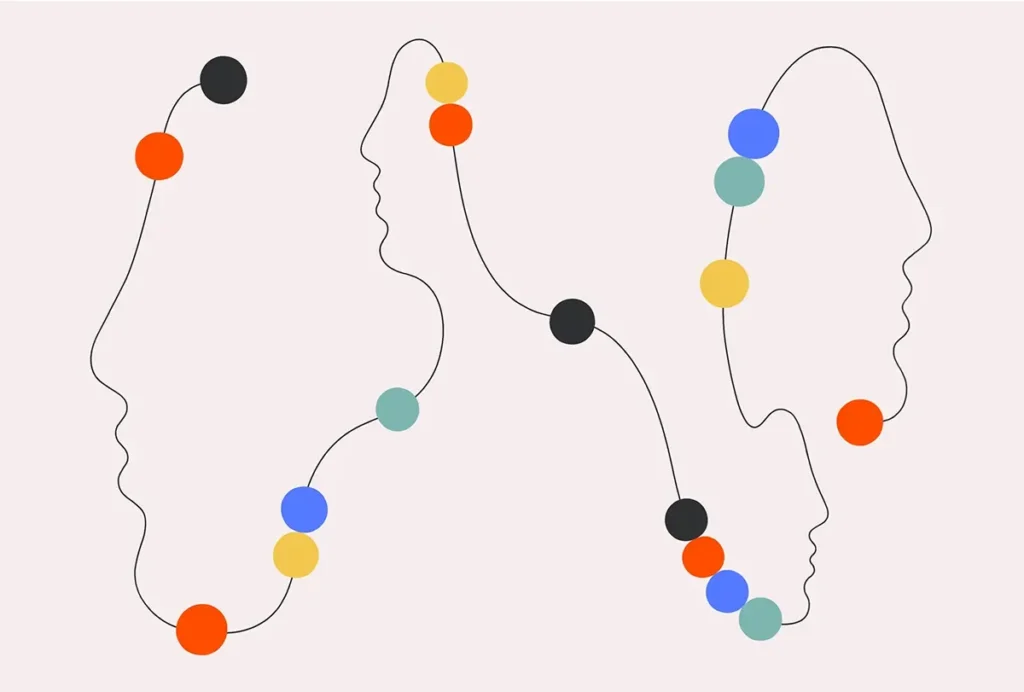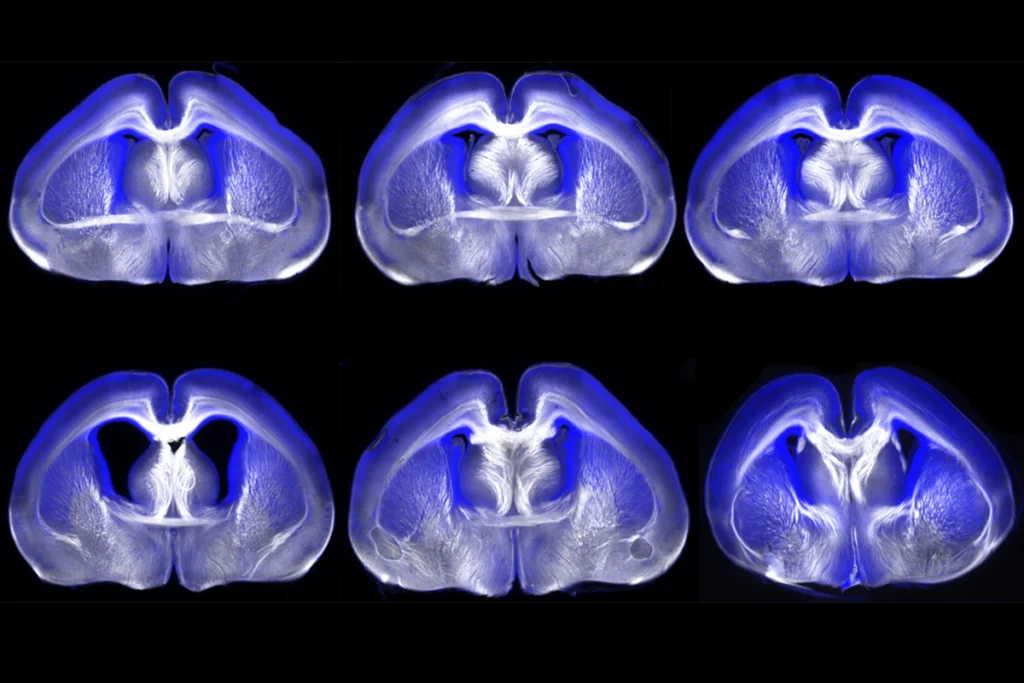Springer Nature retracted a speech-recognition paper from an autism journal after an investigation uncovered problems with a forthcoming guest-edited special issue.
The retracted paper, “Audio-visual automatic speech recognition towards education for disabilities,” sought to improve the speech-recognition technology in educational tools used by disabled people. The paper, first published on 12 July 2022 in the Journal of Autism and Developmental Disorders, was slated to appear in a special issue called “Impact of Assistive Technology in Special Education.”
An investigation flagged problems in a total of 11 papers from that planned issue, a spokesperson from Springer Nature told The Transmitter in an email. Concerns included “compromised editorial handling and peer review process, inappropriate or irrelevant references or not being in scope of the journal or guest-edited issue,” according to the 13 February retraction notice.
The 11 papers “have either been retracted or will be retracted imminently. The publication of the special issue has been halted,” the spokesperson told The Transmitter. “Whilst we cannot publicly comment on the identity of the individuals, we would like to stress that we are working hard to assess the details of the case in order to prevent future occurrences. Concerns about other special issues published by the journal have not been identified or brought to our attention.”
Regarding the speech-recognition paper, the authors applied “standard” image- and speech-capture techniques, and the work is “nothing novel,” says Douglas O’Shaughnessy, professor of telecommunications at the Institut national de la recherche scientifique, who studies speech processing. He adds that the journal is “not mainstream for speech work. I would never look at this journal.”
The authors of the paper disagree with the retraction. “There are no irrelevant references and unintelligible text in the published article,” Saswati Debnath, assistant professor of computer science and engineering at Alliance University and lead investigator of the work, wrote in a comment on PubPeer, a post-publication review site. “All the paragraphs and text explained the novelty of the work, the experimental details, and how the proposed idea will help society.”
This marks the fifth retraction for co-investigator Rubén González Crespo, professor of computer science and artificial intelligence at Universidad Internacional de La Rioja. González Crespo and Debnath did not respond to multiple requests for comment.



